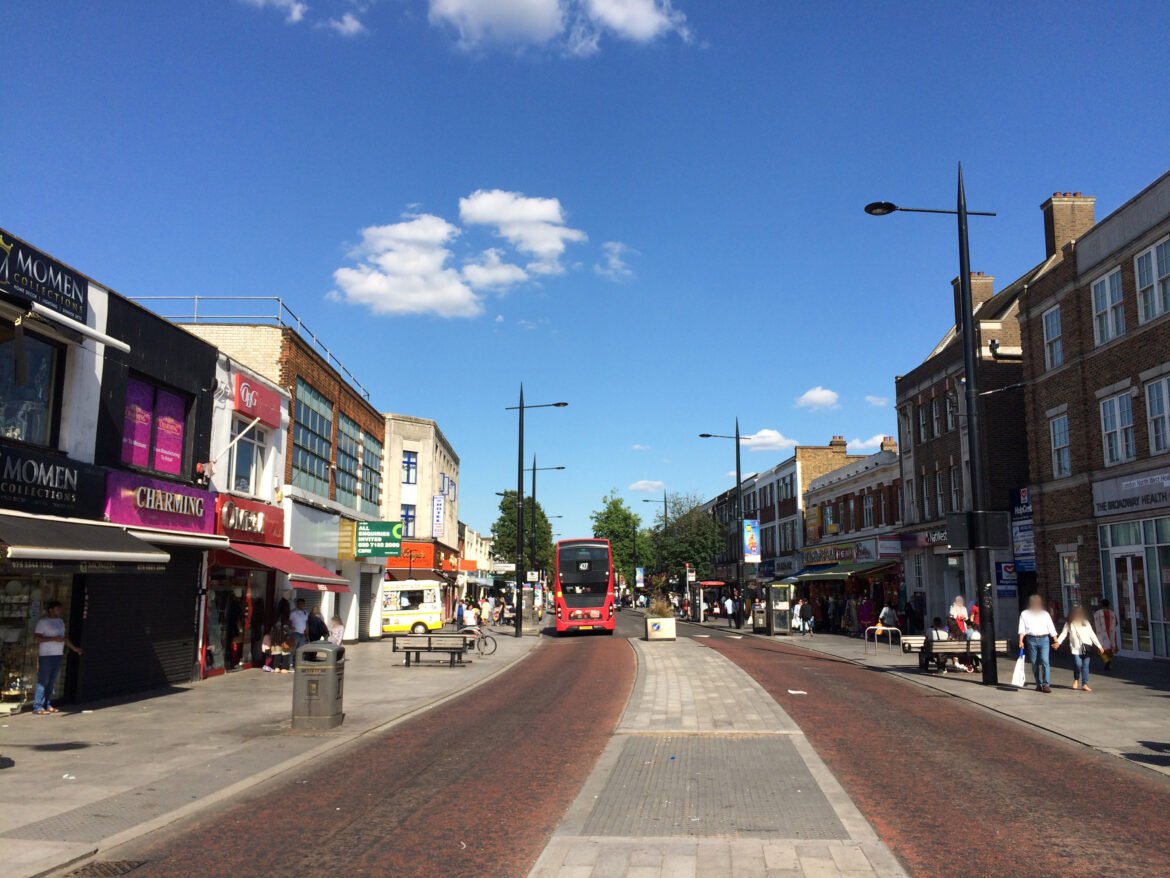Britain’s high streets tell the story of immigration more vividly than most political speeches dare to. From the corner shops that stayed open late when no one else would, to curry houses that became Friday night rituals, to the wholesalers, Asian clothes shops, salons, garages and logistics firms that kept whole neighbourhoods supplied South Asian entrepreneurs have long been the quiet architects of modern urban Britain. These businesses were not just commerce; they were community. They gave first jobs to local teenagers, extended informal credit to customers in hard times, and turned neglected parades into living streets.
Yet the climate for these business owners and for new arrivals hoping to join their ranks has grown colder. The recent migrant protests across the UK, fuelled by a mix of political opportunism and economic anxiety, have created an environment in which immigrants are treated as a talking point rather than an asset. For many who are both running small businesses and navigating Britain’s tightening immigration system, the message has been clear: your labour and taxes may be welcome, but your belonging is negotiable.
In economic terms, that message is self-defeating. The South Asian business story is one of high-risk family capital, long hours, and sheer adaptability. Many of these firms began with loans from relatives, no access to mainstream finance, and a willingness to work seven-day weeks to survive. Over decades, they diversified expanding from restaurants into catering suppliers, from textile shops into online clothing retailers, from newsagents into logistics hubs. They didn’t just respond to economic trends; they often anticipated them, pivoting products and services faster than many larger, better-resourced companies.
The pressures today are sharper than in previous generations. Commercial rents have risen while footfall shifts online. Business rates remain pegged to outdated valuations. Energy prices have bitten deep into margins. Card fees shave profits on every transaction. Late payments from bigger clients choke cash flow. And for immigrant owners particularly those from recently arrived families the hurdles are multiplied by visa conditions, limited credit histories, and an undercurrent of hostility that has only intensified in the political rhetoric surrounding migration.
What makes this more than a business story is its link to integration. A thriving immigrant-owned shop or café does more than make money; it anchors a community in the national economy. It creates the everyday interactions between customers, suppliers, employees that make integration tangible. When policy or political language undermines the stability of those who run such businesses, it undercuts one of the strongest engines of cohesion Britain has.
The solution is not a marketing campaign to “celebrate” immigrant entrepreneurs while leaving the structural barriers in place. It is a reset in how small businesses especially those started by immigrants are treated in the policy framework. That means rethinking business rates so they track real-world trading conditions rather than penalising high street premises; enforcing fair-payment laws so SMEs are not forced to bankroll their larger clients; and delivering skills and digital training where business owners actually are be it in mosques, gurdwaras, temples, or community halls rather than in inaccessible centralised programmes. Planning law must move faster, allowing quick signage changes, flexible uses, and low-carbon upgrades with financing models that work for tenants as well as owners.
For Britain, this is not a question of charity or “accommodating” outsiders. It is about recognising and sustaining one of the country’s most proven engines of economic renewal. Immigrant entrepreneurs, particularly from South Asian communities, have been levelling up high streets for decades long before the phrase became a policy slogan. In a moment when the politics of migration is narrowing, the economics of inclusion has never been more urgent.


